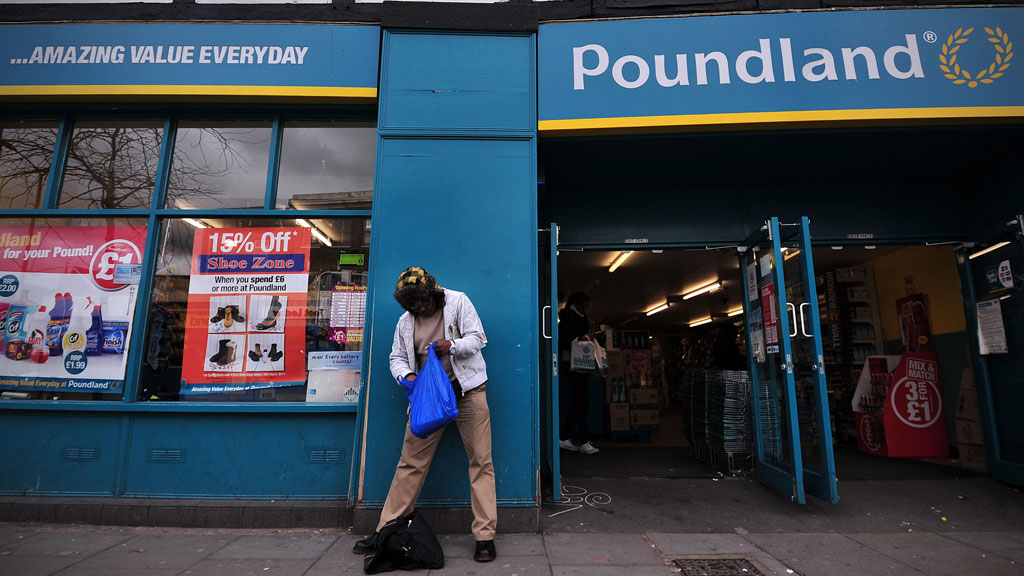‘Cost of living crisis’ returns to haunt government
Unemployment continues to fall, but pay growth drops significantly – despite government hopes that the so-called “cost of living crisis” is coming to an end.

Joblessness fell by 161,000 between February and April to 2.16 million, official figures show, with the number of people claiming jobseeker’s allowance also declining by 27,400 to 1.09 million.
But average earnings increased by 0.7 per cent in the year to April, a sharp fall from 1.7 per cent in the previous month, and well below the latest inflation figure of 1.8 per cent.
Labour coined the phrase “cost of living crisis” to illustrate the fact that for years, wage growth has failed to keep up with inflation, making people poorer in real terms.
In April, official figures showed average pay, including bonuses, outstripping inflation for the first time in four years.
At the time, the government said its policies were laying the foundations for a stronger economy and “Britain was working again”, but the latest statistics suggest that wage growth is still struggling to keep up with the cost of living.
‘Slow grind’
Ben Brettell, economics editor at Hargreaves Lansdown stockbrokers, said: “The bigger picture is that there is a trend for both price and wage inflation to be subdued. Any upward movement in real wages over the coming months is therefore likely to be a slow grind.”
Shadow work and pensions secretary Rachel Reeves said: “Thousands of people who work hard are struggling to make ends meet because of the government’s failure to tackle the cost of living crisis and make work pay.”
There was better news for ministers on employment, according to the Office for National Statistics, with people in work increasing by a record 345,000 in the three months to April – a record rise. The increase was largely due to an increase in self-employment. The unemployment rate of 6.6 per cent is at a five-year low.
‘Bouncing back’
Chief Secretary to the Treasury Danny Alexander said: “There can be no doubt that thanks to the hard work of millions of people and businesses across the country, supported by a government that has made and stuck to the right decisions, Britain is bouncing back.”
The Department for Work and Pensions said the figures meant the number of private sector workers was up by more than two million since the coalition government came to power in 2010.
Last week, the International Monetary Fund said it had previously under-estimated the strength of Britain’s economic recovery, but warned that the possibility of a housing bubble and weak productivity were could become problems in the future.
Is there a precedent for a sustained period of negative real wage growth? Two others can be identified since 1860 pic.twitter.com/u0VCbYzax3
— RBS Economic Insight (@RBS_Economics) June 11, 2014